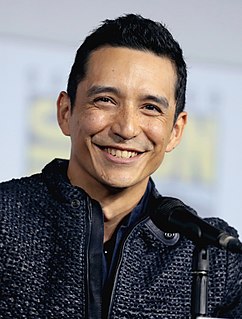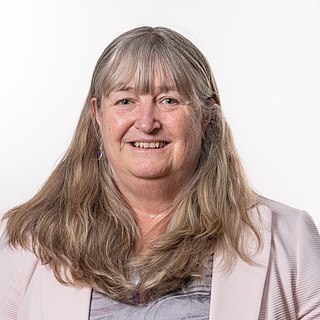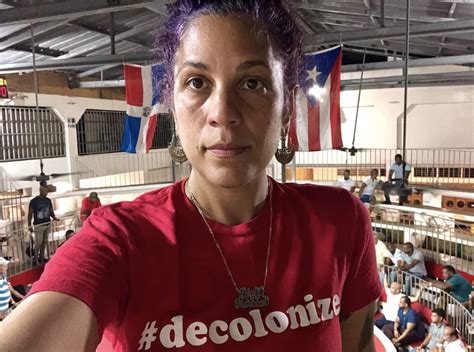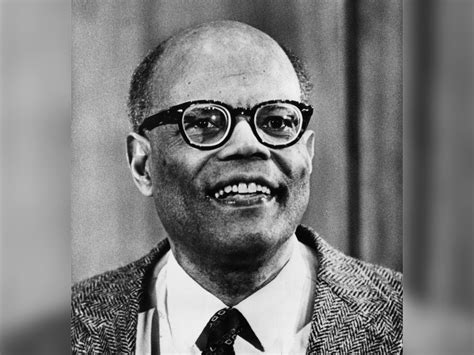A Quote by James McBride
My father died in 1957, just before I was born. My mother went to her Jewish aunt, who slammed the door in her face.
Related Quotes
Her [Eleanor Roosevelt] father was the love of her life. Her father always made her feel wanted, made her feel loved, where her mother made her feel, you know, unloved, judged harshly, never up to par. And she was her father's favorite, and her mother's unfavorite. So her father was the man that she went to for comfort in her imaginings.
When my daughter went to school, her last name was mine. The school insisted that her father's name be added to hers, not her mother's. The fact that the mother kept her in her womb for nine months is forgotten. Women don't have an identity. She has her father's name today and will have her husband's tomorrow.
Although my father's mother, Nancy, has dementia, and her experiences gave me ideas for some of the scenes in the book, it was my mother's mother, Vera, who most influenced the character of Maud. Vera died in 2008, before I'd gotten very far into writing 'Elizabeth Is Missing,' but her voice is very like Maud's.
The good enough mother, owing to her deep empathy with her infant, reflects in her face his feelings; this is why he sees himselfin her face as if in a mirror and finds himself as he sees himself in her. The not good enough mother fails to reflect the infant's feelings in her face because she is too preoccupied with her own concerns, such as her worries over whether she is doing right by her child, her anxiety that she might fail him.
Her mother died at the age of 29, essentially turning her face to the wall and deciding to die. And so we can only imagine the agony she felt. And Eleanor Roosevelt really wanted to make her mother happier, and - and to make her live, you know, make her want to live. And there's something about, you know, when your mother dies, this sense of abandonment. I think Eleanor Roosevelt had a lifelong fear of abandonment and sense of abandonment after her parents' death.
For a moment, Jason could only stand there in the hallway with his nose pressed up against the cold wood of her door. After a few seconds, he knocked politely. Taylor whipped open the door, unamused. Jason grinned at her. “I just gotta ask: Where did you get the whole ‘all the cute girls run around naked’ thing?” “I defend sexual harassment cases, Mr. Andrews,” she replied coolly. "I’ve seen and heard things even you haven’t thought of.” “Care to test out that theory?” She slammed the door in his face again.
I mean, her father was an alcoholic, and her mother was the suffering wife of a man who she could never predict what he would do, where he would be, who he would be. And it's sort of interesting because Eleanor Roosevelt never writes about her mother's agony. She only writes about her father's agony. But her whole life is dedicated to making it better for people in the kind of need and pain and anguish that her mother was in.


































